Delhi: Authorities carry out demolition drives in Ashok Vihar, Wazirpur
The demolition of over 200 so-called illegal structures come amid protests and contested claims of rehabilitation

Authorities on Monday launched demolition drives in Ashok Vihar in northwest Delhi and Wazirpur in north Delhi amid heavy police deployment, officials said. “A demolition drive is ongoing in Ashok Vihar. About 250 police officers are deployed there," DCP (northwest) Bhisham Singh said.
A special task force (STF) team reached the Jailorwala Bagh area in Ashok Vihar on Monday morning with excavators to carry out the demolition drive. Over 200 homes allegedly encroaching upon government land are to be demolished, the officials said.
A similar drive has been launched near a railway line in Wazirpur to remove illegal encroachments, officials said. “Two companies of paramilitary forces, along with Delhi Police personnel, are present at the spot to ensure that law and order is not breached,” a senior police officer said.
This is the second demolition drive carried out in the area this month. After the last drive on 2 June, Delhi chief minister Rekha Gupta said, “If a railway line is encroached and there is an accident, who will be responsible?”
In the past few weeks, similar drives were carried out at Bhoomiheen Camp and Madrasi Camp in south-east Delhi.
In Ashok Vihar’s Jailorwala Bagh, the dwellings were demolished by a joint force from the DDA (Delhi Development Authority) and its Special Task Force (STF). Slum settlements that had developed over time were cleared with the assistance of more than 250 police officers.
Meanwhile, similar activity unfolded in Wazirpur, where makeshift homes near railway lines were dismantled. Semi-paramilitary forces and local police cordoned off the area as bulldozers advanced.
NDTV captured scenes of residents hurriedly retrieving personal belongings as their homes were reduced to rubble, prompting public concern over the adequacy of rehabilitation and the intensity of enforcement. Indeed, DCP Singh's statement about 250 police officers being deployed confirmed the scale of law enforcement.
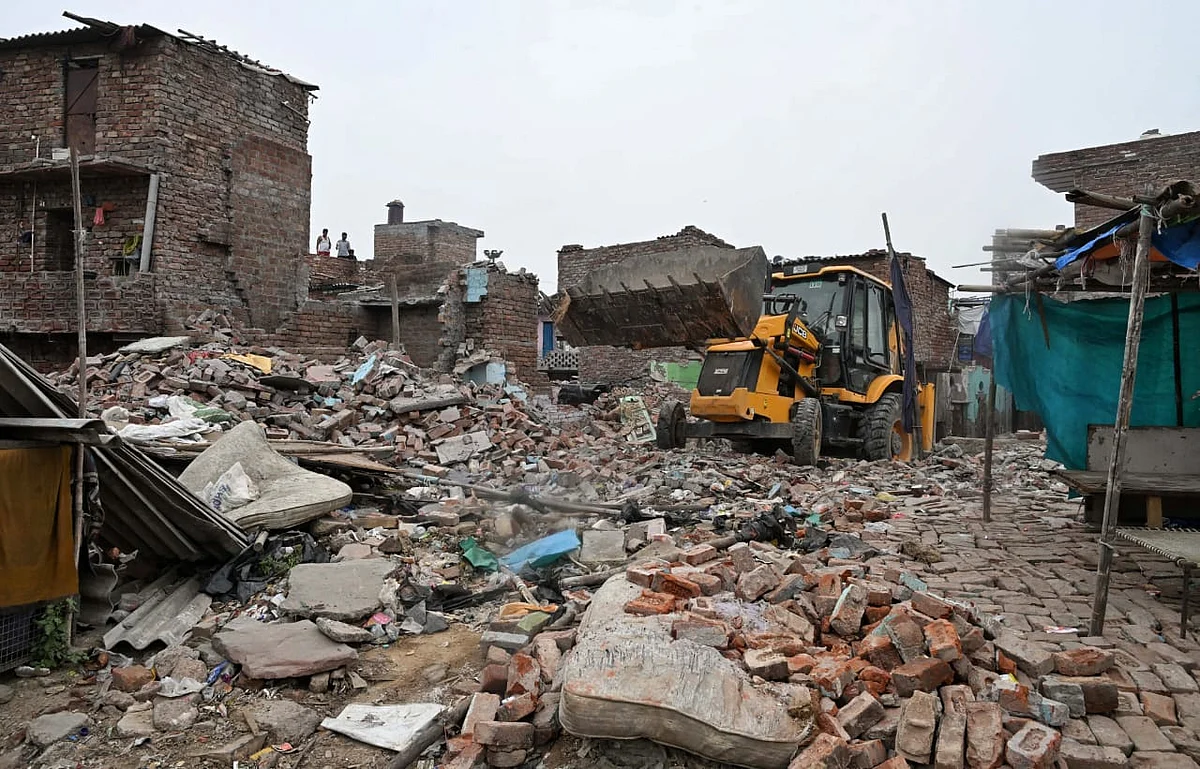
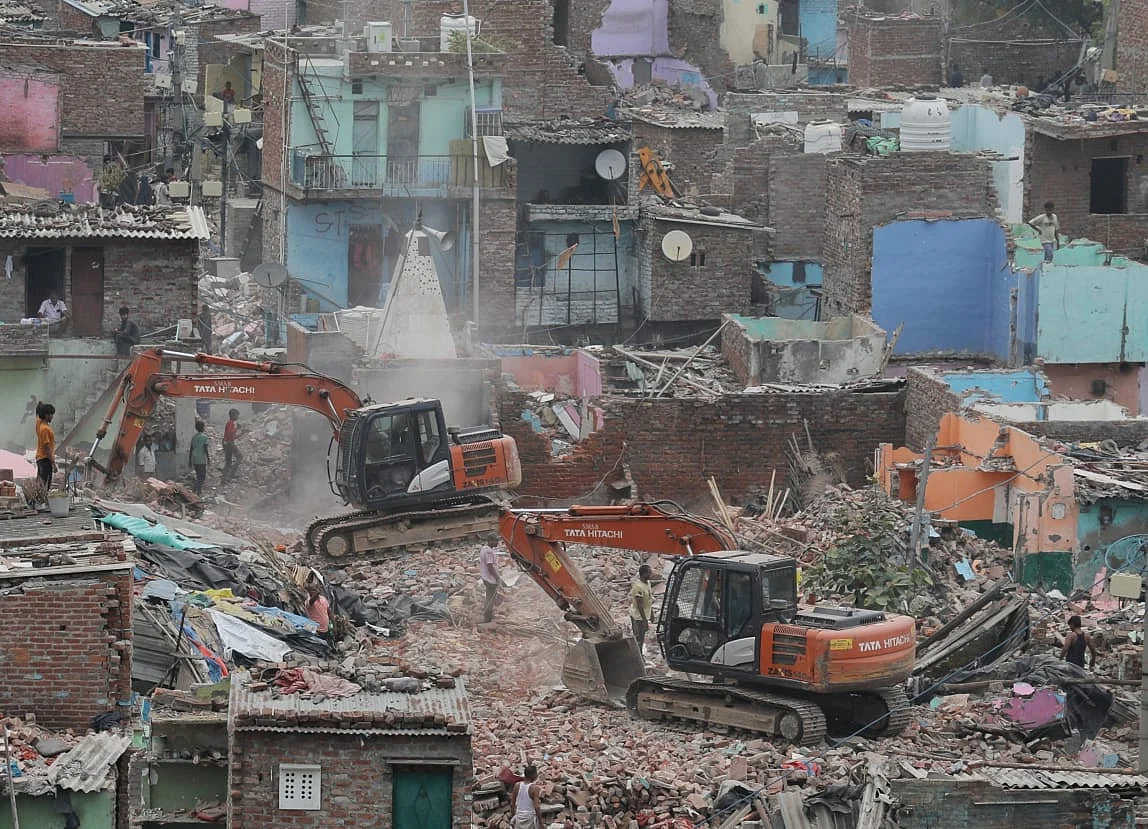
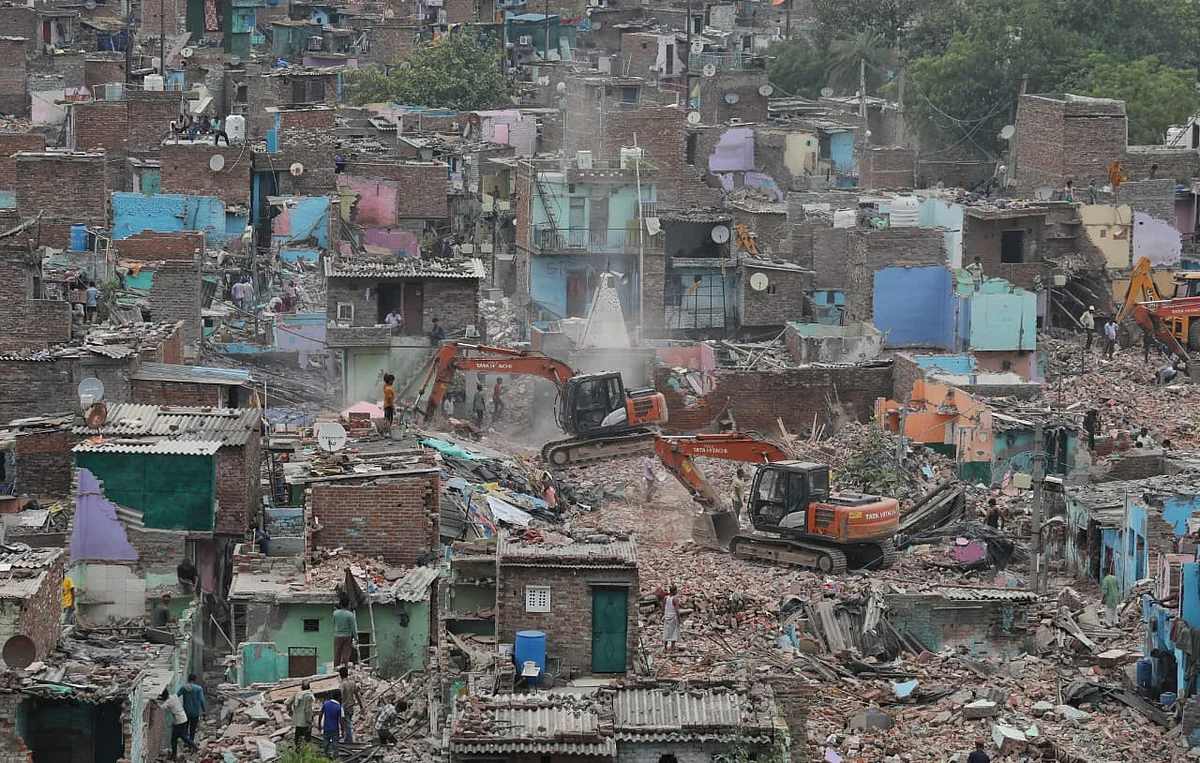
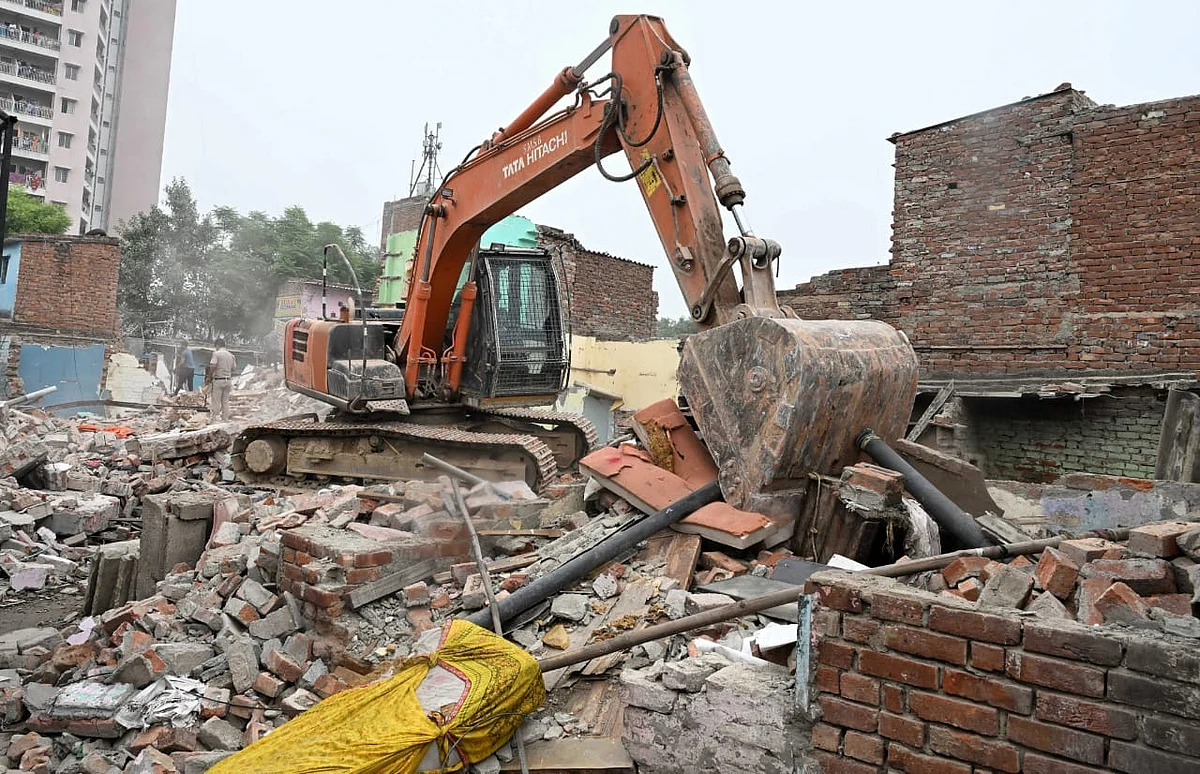
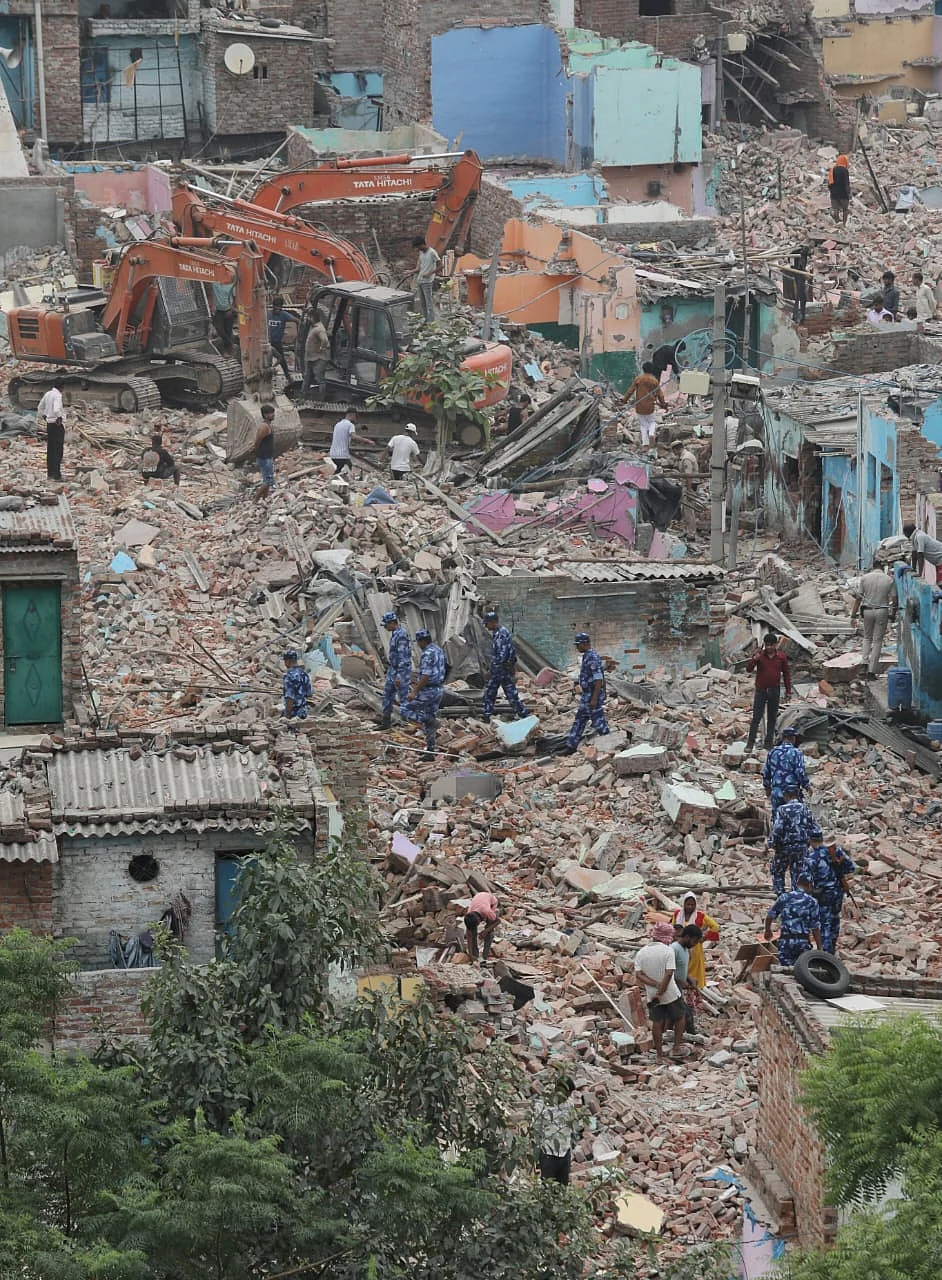
Officials have reiterated that the clearances follow legal rulings intended to address unauthorised settlements along critical infrastructure corridors, particularly railway tracks. CM Gupta assured the public that no demolitions would be executed without corresponding resettlement plans, and said housing would be provided to those displaced, pointing to the relocation of 215 families from Madrasi Camp to Narela flats.
However, around 155 families from the camp remain without homes. Aam Aadmi Party (AAP) leader and former Delhi chief minister Atishi criticised the government’s execution, arguing that many displaced people had yet to receive proper housing or basic utilities.
Some media outlets quoted local teenager Wasim (13), who expressed his disillusionment with the new accommodation: “It broke my heart… I was excited to move to Swabhiman Flats but found water wasn’t safe and there were constant power cuts.”
While many of the demolition drives are sanctioned by Delhi High Court to facilitate infrastructure and flood management, civil society groups have voiced concern over what they describe as “bulldozer justice” — the practice of using demolition machinery to enforce policy at the expense of legal safeguards, often affecting the most vulnerable.
The operation has drawn comparisons with the controversial 1976 Turkman Gate clearances during the Emergency, raising alarms over the balance of power and compassion in urban policy.
As of now, Delhi’s long-standing tension between urban development and social justice is on full display, though CM Gupta reaffirmed the administration’s position: “We cannot defy court orders; no slum will be demolished without permanent housing.”
Authorities are set to continue clearance drives in other hotspots including Madrasi Camp, Govindpuri, and Kalkaji. Meanwhile, the AAP has approached the courts, citing rights violations and delays in resettlement. In response, the Delhi government has announced plans to establish Jan Suvidha Kendras, improve slum infrastructure, and tighten oversight of demolition procedures — moves aimed at tempering criticism while maintaining urban order.
Follow us on: Facebook, Twitter, Google News, Instagram
Join our official telegram channel (@nationalherald) and stay updated with the latest headlines
